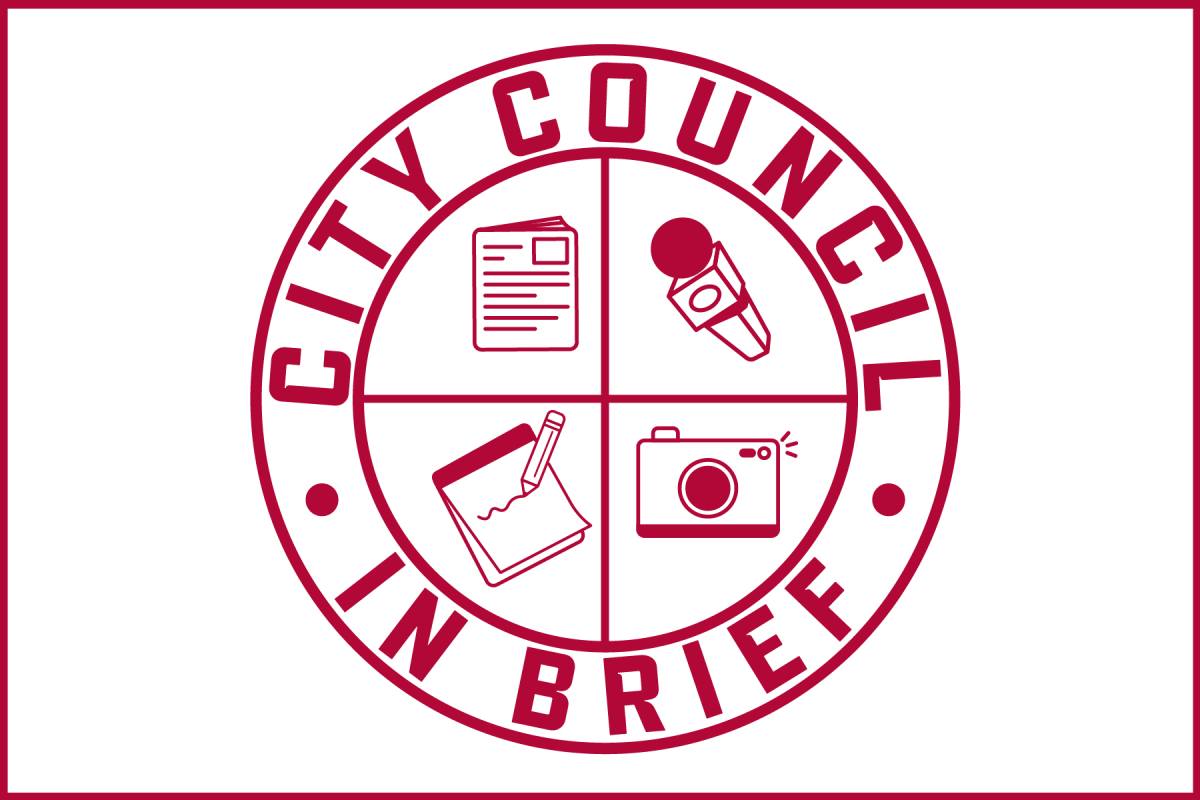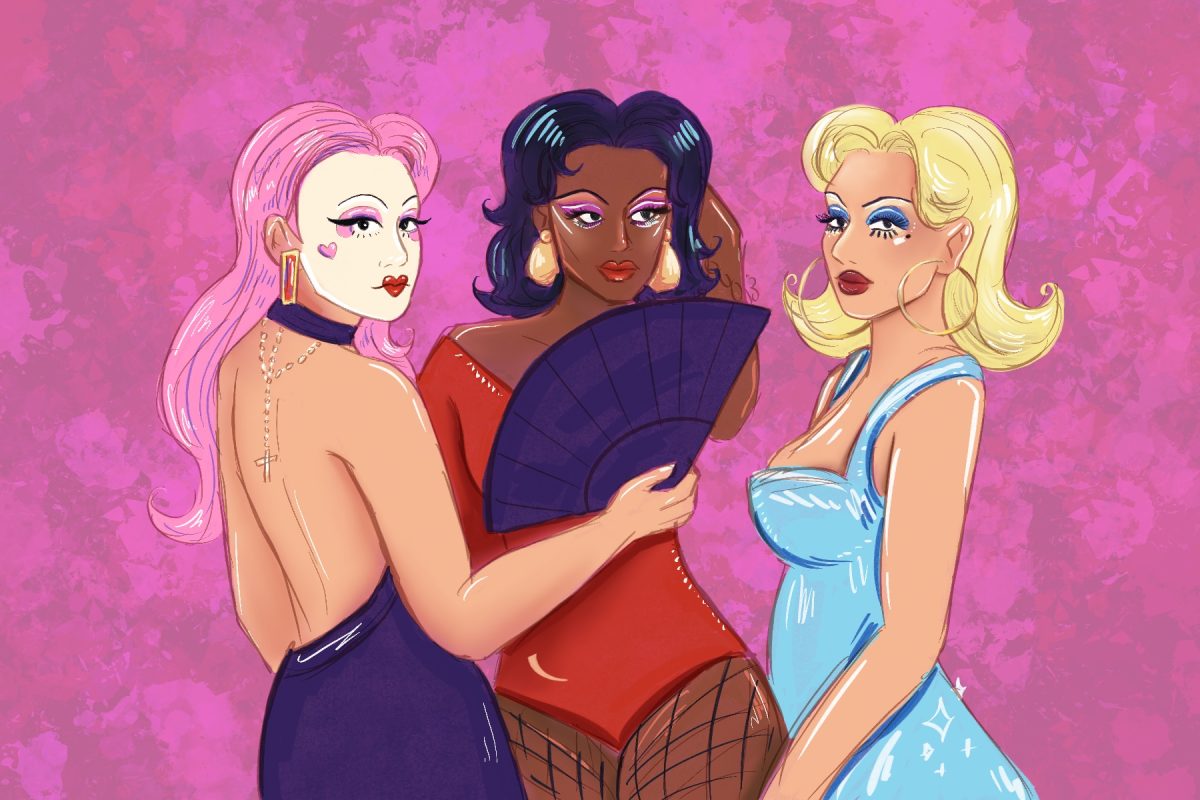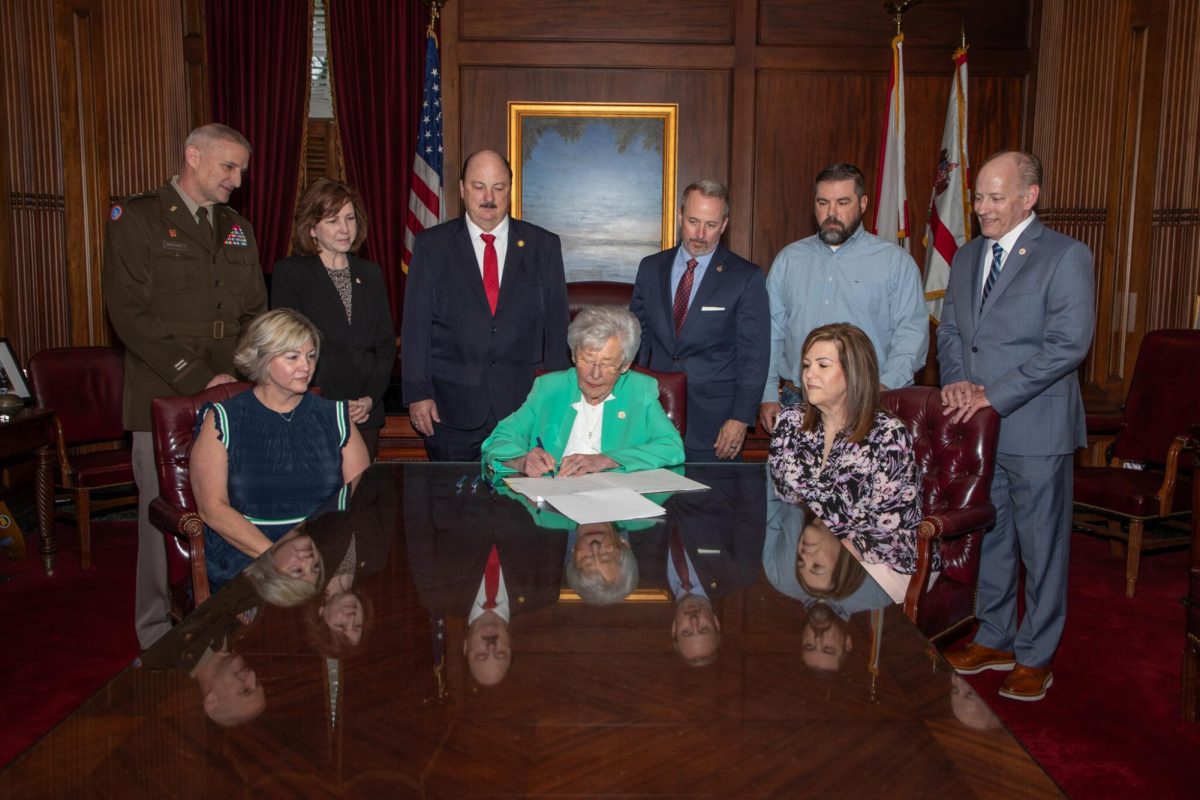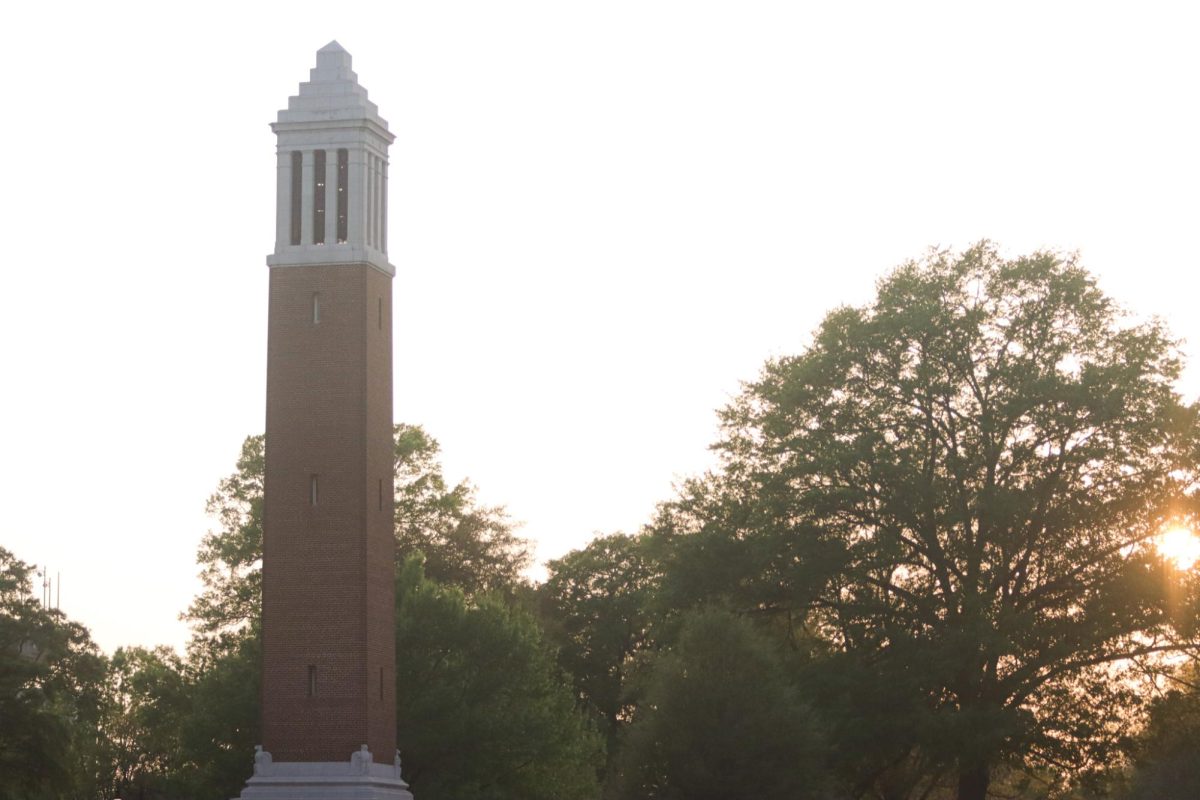By Will Nevin
Chris Swindle knew computers.
Before he came to the University for his master’s and doctoral degrees in history, he earned a computer science degree from Rose-Hulman Institute of Technology in Indiana. As a teaching assistant, his grades were calculated at the push of a button with Excel formulas. He even wrote programs to help him turn piles of Lego pieces into faithful reproductions of famous works of art.
So, on Jan. 24, 2009, when it came time to make a difficult announcement to those outside of his inner circle of friends and family, he went to Facebook.
“Yes, I have cancer,” he wrote. “Stage III rectal cancer. Some of you know because I told you, some of you know because you heard it from someone else, some of you didn’t know exactly but suspected something is going on, and some of you didn’t suspect anything at all. But now all of you know.”
By that time, Swindle, who was editor of the Southern Historian, had already been through a round of surgery along with chemotherapy and radiation, and over the course of the next year, he would experience a series of setbacks and recoveries. After his battle against cancer, Swindle died on March 11 at the age of 33.
An Indiana boy
Swindle’s parents, George Swindle and Dawn Owsley, said he was academically oriented as a child growing up in Michigan.
George Swindle said he once jokingly threatened when Chris was young to punish him by making him go outside to ride his bike, taking him away from his precious books.
When Swindle was bored as a child, he took to reading the dictionary, and he started reading daily newspapers before he started kindergarten.
One friend (among several) from high school remained in touch with Swindle, Missy Westafer, said she enjoyed the fun she had with him.
“We stayed close even though we were far away,” said Westafer, who still lives in Indiana.
Westafer said she and Swindle would e-mail each other once or twice a week just to check in or to lament mutual problems with the opposite sex before Westafer got married.
After high school, Swindle left home for the first time to move to the campus of the Rose-Hulman Institute in Terre Haute, Ind.
At first, Owsley said she was worried about the move and how Swindle might adjust to the new environment.
Her fears were unfounded. “He never missed us,” Owsley said.
After majoring in computer science, he had a string of jobs as a computer programmer or technology specialist, but none of them seemed to excite him, George Swindle said.
“He used to think ‘Dilbert’ was a funny cartoon until he got a job,” George Swindle said. “Then he realized that’s how the business world worked.”
When Swindle decided he wanted to get a master’s degree in history, he followed his great aunt and uncle, Olga Mae Lewis and Hubert Ray Rye, and headed south to attend the University.
Swindle’s parents said they only learned their son’s cancer diagnosis in 2008 because of a mistake when the hospital called his emergency contact number after a colonoscopy. Even after his parents and others knew of his cancer, Swindle tried to keep it and its progression a private matter.
“He never let on how sick he was,” Owsley said.
He told others not to worry. He told his mother he wanted his Lego collection — his pride and joy of more than 50,000 meticulously sorted pieces — to go to a children’s cancer ward.
Even now, his mother said she marvels at his intelligence.
“He never tried to show it off,” Owsley said. “He never tried to make you feel less.”
Team Rable
In the fall of 2005, history professor George Rable had three teaching assistants: the veteran Swindle and two rookies, Kris Teters and Charles Roberts. The three master’s students bonded quickly, so much so they took to calling themselves “Team Rable,” owing to their chemistry and the fun they had working together.
Swindle was always planning the next joke or surprise for the unsuspecting in the history department and ten Hoor. Whether it was secretly getting all of the teaching assistants in the department a snow globe for Christmas or sprucing up their pictures with witty captions, Swindle was the master of the subtle joke, his friends said.
However, when Swindle put a 6-foot-tall display of Milhouse, Bart’s affably nerdy co-conspirator from The Simpsons, in a ten Hoor window facing the expansive back parking lot, it was hard for everyone not to notice.
“He liked doing stuff to surprise people,” said Elizabeth Edgar, a friend who met Swindle while working on her master’s in history before she switched to library and information studies. “The students afterward would talk about it forever.”
Outside of campus, the members of “Team Rable” were close friends, and Swindle and Teters lived in the same apartment complex.
“I spent a lot of time with Chris on both a personal and professional level,” Teters said.
Even after he got sick, Swindle remained committed to his friends. In August, he took a trip to England to see Edgar, who moved across the pond after she finished her master’s at the University.
“I don’t think his doctor was thrilled about a cancer patient travelling between chemo treatments,” Edgar said. “But he wanted to do it.”
With his death, Swindle’s friends say the University has lost a dedicated student and teaching assistant.
“He was a very good teacher,” Teters said. “He cared about his students when he TA’ed. He put a lot of thought into his lectures.”
‘A bundle of contradictions’
“It’s a real tragedy when a young person dies before they’re able to realize their goals and dreams,” said Kari Frederickson, an assistant history professor and Swindle’s advisor.
Frederickson was on the committee that admitted Swindle into the University for his master’s degree, and she was also supervising his doctoral dissertation. She also organized today’s service in honor of Swindle.
The service will be today at 4:30 p.m. in ten Hoor.
“When someone starts with their master’s and continues with their doctorate, you know them for a long time,” Frederickson said. “I knew Chris for seven years. That’s longer than I’ve known my youngest child.”
Frederickson and additional members of the faculty will speak during the service, as well as Swindle’s parents and other graduate students.
Frederickson said, at his core, Swindle was “a bundle of contradictions,” an outgoing person who enjoyed making jokes yet remained quiet and reserved.
“I’m just sorry we won’t be able to find out more about him,” Frederickson said. “Because I think we were only scratching the surface.”








